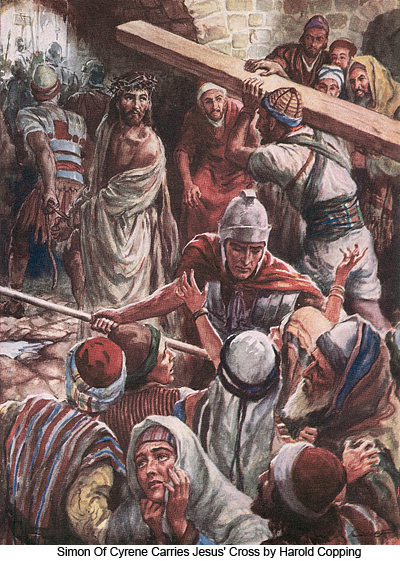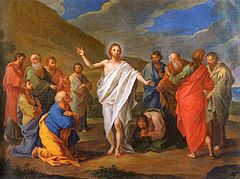When Did Jairus’ Daughter Die?

Critics and skeptics claim the gospel of Matthew contradicts the gospels of Mark and Luke about the time of Jairus daughter’s death. They claim Matthew has her dying before he healed “a woman suffering hemorrhages for twelve years” (Matthew 9:19 NAB), while Mark and Luke have the girl dying after this healing. So, when did Jairus’ daughter die?
Here is the alleged contradiction:
When Jesus met Jairus was Jairus’ daughter already dead?
(a) Yes. Matthew 9:18 quotes him as saying, “My daughter has just died.”
(b) No. Mark 5:23 quotes him as saying, “My little daughter is at the point of death.”
The accounts in Mark and Luke add an additional detail that clears up the confusion:
“While Jesus was still speaking, some people came from the house of Jairus, the synagogue leader. ‘Your daughter is dead,’ they said. ‘Why bother the teacher anymore?'”—Mark 5:35 NIV; Luke 8:49
When Jairus first mentioned this to Jesus, he was not yet informed of his daughter’s death, as Mark 5:23 and Luke 8:42 indicate. Matthew 9:18 can be translated as indicating the girl was near death, but not yet dead, as follows:








